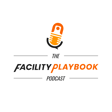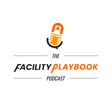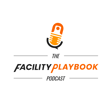
Championing a Winning Culture: Wisdom from Joel Goldberg
With a career spanning over 25 years, Joel Goldberg has become a trusted voice in the world of baseball, specifically known for his deep connections with the Kansas City Royals. Beyond the glitz of victories and championships, Joel's storytelling skills unveil the human side of the game, capturing the essence of resilience, leadership, and teamwork. His unique journey from a local sports anchor to a nationally recognized figure reflects his unwavering commitment to his craft. Joel Goldberg not only narrates the triumphs of baseball but also imparts invaluable lessons, making him a sought-after speaker, mentor, and storyteller. Explore the unique dynamics of a championship team, discover the secrets of cultivating a winning culture, and unravel the parallels between the baseball field and the business arena. Joel's engaging anecdotes and lessons learned provide a valuable playbook for success in sports, leadership, and life.
Learn More about Facility Ally:
https://facilityally.com/
Learn more about Joel:
https://joelgoldbergmedia.com/
Be sure to subscribe here, and follow our social channels for more content
Instagram: https://www.instagram.com/yourfacilityally/
TikTok: https://www.tiktok.com/@facilityally
YouTube: https://www.youtube.com/@facilityally
Facebook: https://www.facebook.com/facilityally


